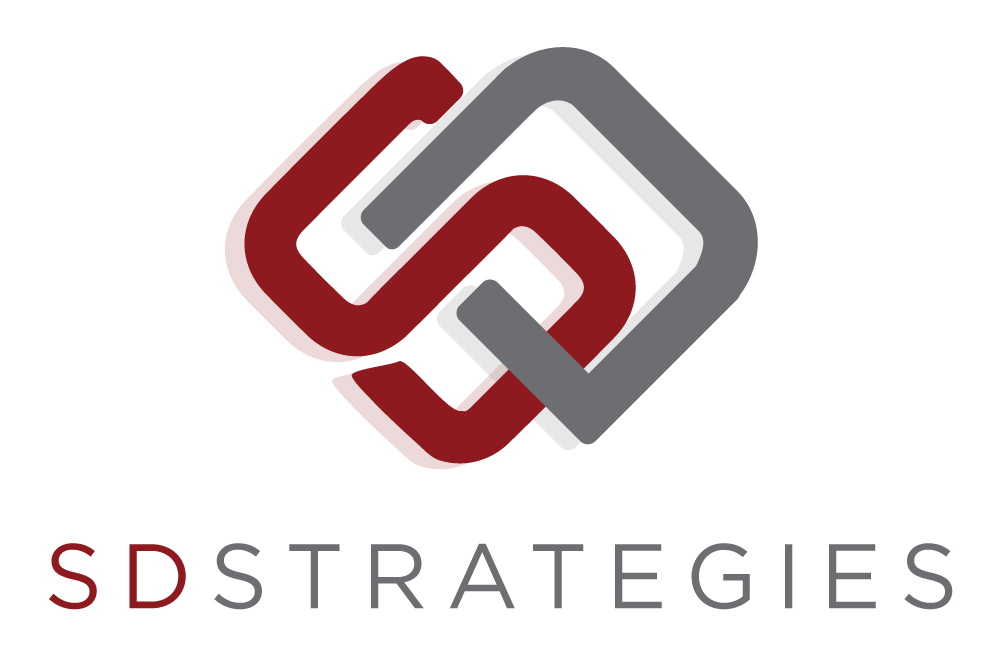Green Hushing: A Step Backward for Transparency?
An interesting article in the Wall Street Journal regarding 'green-hushing'.
Major corporations in the USA are playing down their ESG initiatives at earnings calls in the face of investor pushback and conservative activism in the US. Net-zero emission targets, employee diversity, living wage policies, and LGBTQ+ issues are prime targets, as corporations are encouraged to 'stay in their lane' and prioritise traditional business metrics and avoid taking positions on divisive matters. Ironically part of the impetus to under-report stems from businesses not wanting to be seen to be 'greenwashing' (currently a focus for the ACCC here in Australia) while at the same time impacting transparency and limiting disclosure - the very thing investors and customers want to see.
We see similar tensions arising for some of the entities we work with on modern slavery risk management in Australia. While companies want to take tangible action on the issue there is an increasing hesitancy to be leaders in their sector or include ‘forward-looking statements’ in their annual modern slavery statements. We now see companies downplaying the actions they are taking to assess and address risk. This may partly stem from a wait-and-see approach due to the ‘immaturity’ of the issue here in Australia (though the Modern Slavery Act is now three years old), with the C Suite and Boards concerned about the level of transparency proposed by ESG leads and what unknowns might be lurking in their supply chain or business partnerships.
While Australia does not experience the same level of polarising and brutal 'Red vs Blue' activism witnessed in the United States, the green-hushing of modern slavery programs here remains a genuine concern. Overcoming this challenge necessitates the active engagement of senior leadership teams. Normalising modern slavery as an enterprise-level risk and embedding risk management actions into business-as-usual operations are crucial steps towards addressing this issue effectively. By doing so, organisations can strike a balance between acknowledging the seriousness of modern slavery and fulfilling their obligations towards transparency and accountability.
- insights from Richard Birdsey, Innovation Lead at SD Strategies Australia

